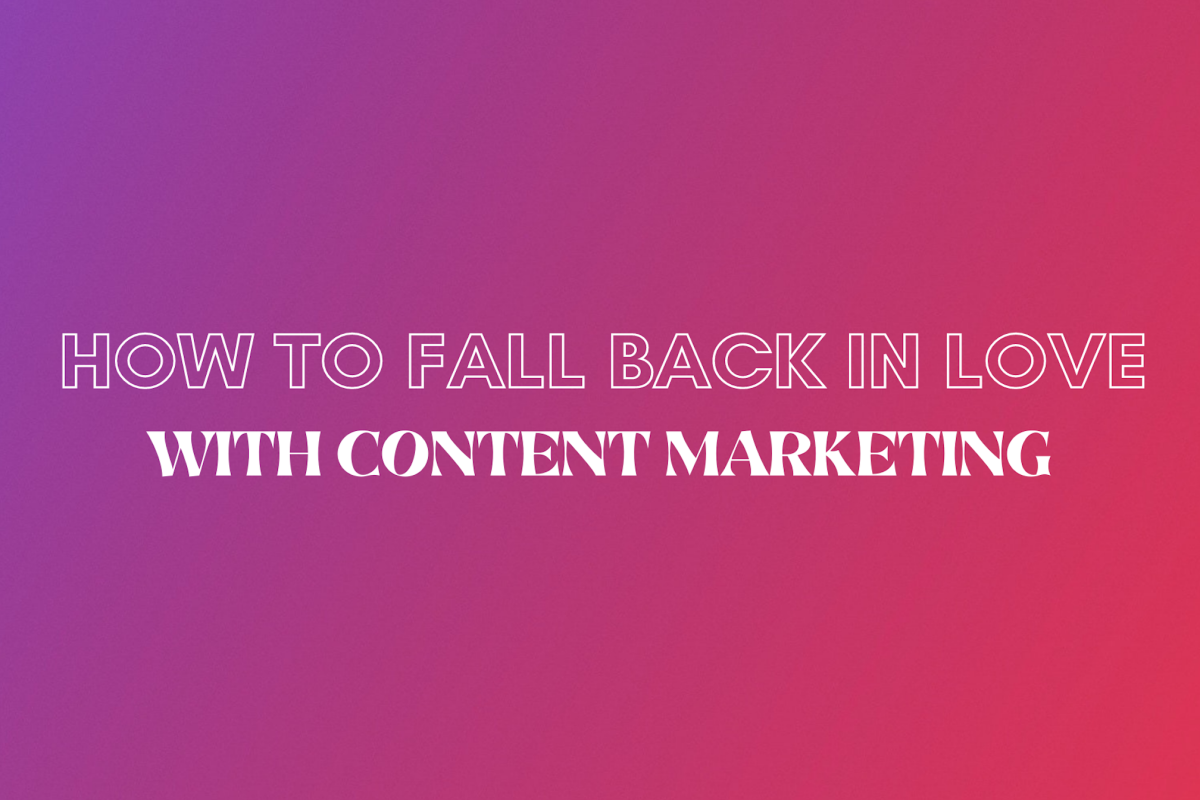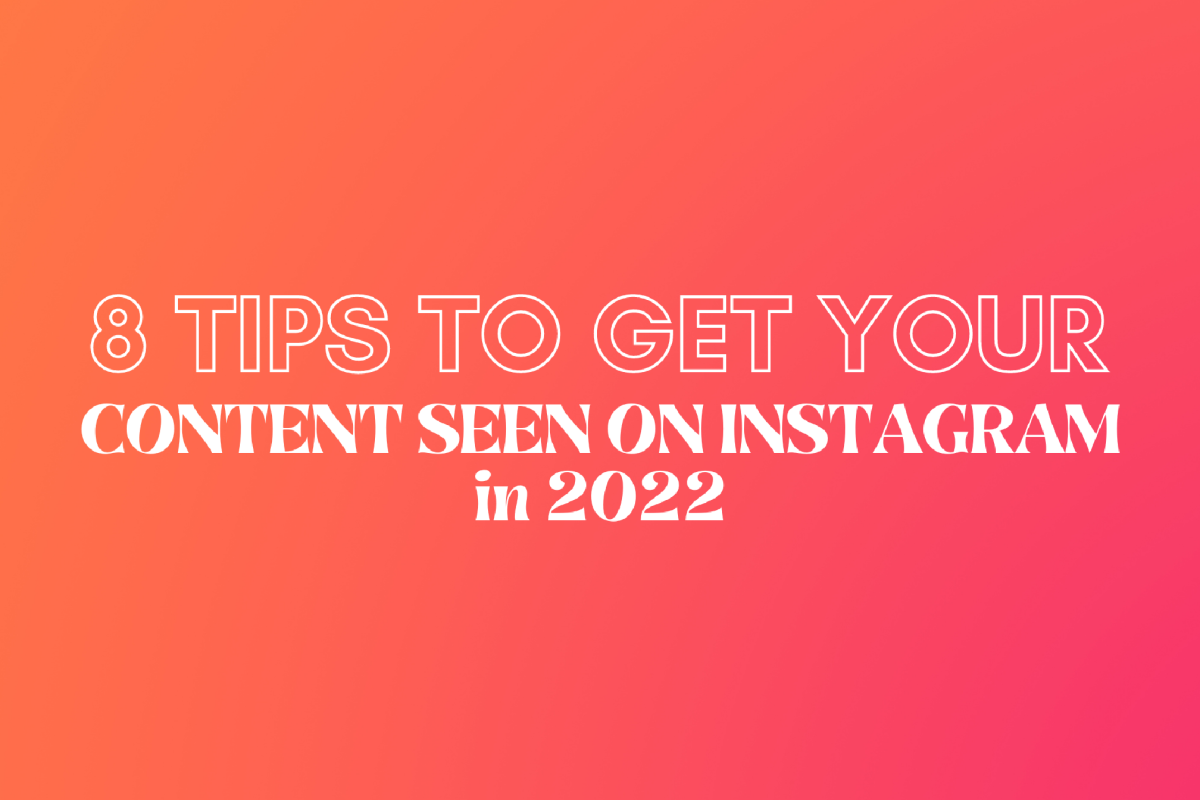Creating stand-out content is crucial if you want to maximize your brand’s online presence and the power of your digital touchpoints in 2022. From providing value and encouraging positive brand sentiment to improving organic search visibility and domain authority, the potential benefits of creating great content are limitless.
However, we know that the prospect of creating high-value content can be intimidating, so we’ve created a quick run-down of some of 2022’s top content trends and our tips to help you (hopefully) fall back in love with content creation this year.
It’s (Still) All About Video
It’s probably not news to anyone that video is set to continue to dominate across all social platforms in 2022. From Instagram Reels and TikToks, to Youtube Shorts, video should definitely be on your radar. In the last few years, and especially since TikTok’s boom in 2020, short-form video has proven to be the most engaging content you can produce for your brand.
Reels on Instagram are highly favoured by Instagram’s ever-ambiguous algorithm, meaning they are much more likely to gain traction and reach than any feed posts and stories you create. If you want new eyes on your page, you really can’t ignore video. How to embrace it? Have a scroll on your TikTok FYP and Instagram Reels tab, and look out for trends and sounds that you can make relevant to your product or offering. Being timely and relatable is key with short-form video.
Get Your Audience Involved
We all know that engagement rate should always be your number one KPI when accessing content performance and an effective way to increase engagement with your brand is to add in interactive elements to your content. Your target audience will be more likely to be compelled by content that allows them to interact and have their voice heard. Think about it, we all consume so much content in a day, sometimes all the images and text blur into one.
Some ways you can implement this include creating an engaging quiz on your site or utilising the interactivity features on Instagram stories to get your audience talking.
LinkedIn Is Cool Now
LinkedIn is not boring anymore. Every quarter, the platform reports huge increases in monthly users and engagement on the platform. It’s time to stop overlooking LinkedIn as stuffy or only relevant to ‘the suits’.
If you’re a b2b or service-focused business, don’t underestimate the significance and potential power of your teams’ individual LinkedIn profiles. Your people should be your best ambassadors, and their presence on Linkedin can help communicate your company culture and also help build and nurture relationships with current and prospective clients. Because of the ‘human’ nature of the profile, LinkedIn is a great platform for value-driven storytelling, which will continue to be extremely valuable this year.
If you need some inspiration, our Head of Agency, Paff, nails their Linkedin personal content. We’re probably biased but the reach and engagement on their posts speak for themselves!
Leverage User-Generated Content
User-generated content, whether organic or produced through collaboration (e.g. influencers), should be an integral part of your content strategy. Firstly, utilising UGC allows you to streamline and cut down on the resources involved in the content creation process. Secondly, and most importantly, UGC is very well received by audiences. It can boost your credibility and extend the potential reach of your organic content considerably.
So many brands and businesses have lots of untapped UGC waiting to be used… If you feel like you need some more fresh content, there are also lots of ways you can encourage UGC. For example, you could host a giveaway where followers have to post content to enter or start to share messaging encouraging customers to tag you in their content and use branded hashtags.
Don’t Give Into the Overwhelm
Our biggest piece of advice when planning your content creation strategy is to find where your target audience spends the most time and nail your strategy for this platform first. Do you get the best engagement on Instagram reels? Amazing, get filming. Is your email open rate way above industry average? Great, get typing.
As much as it’s important to be agile and reactive, spreading your brand too thin often means that you’re compromising on value and ultimately, content performance. Always start with your strongest platform and don’t be afraid to focus most of your energy there until it’s running like clockwork.
If you need a little extra help staying up to date with all things social, make sure you give us a follow on social or send us an email at [email protected]!






